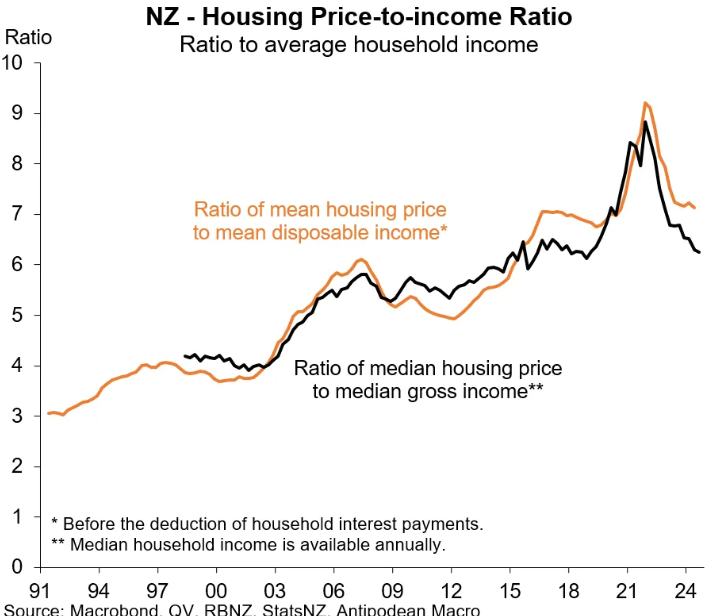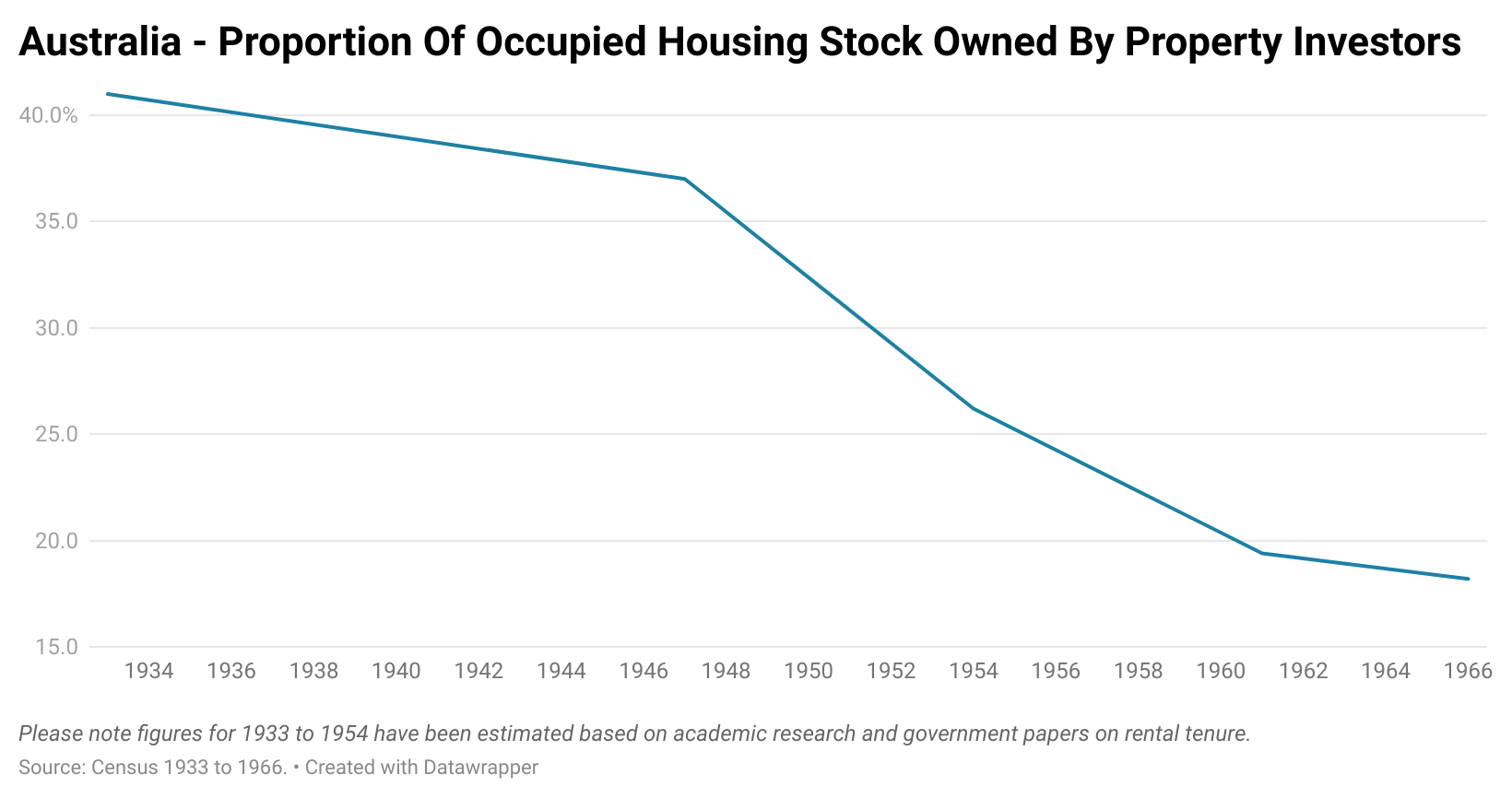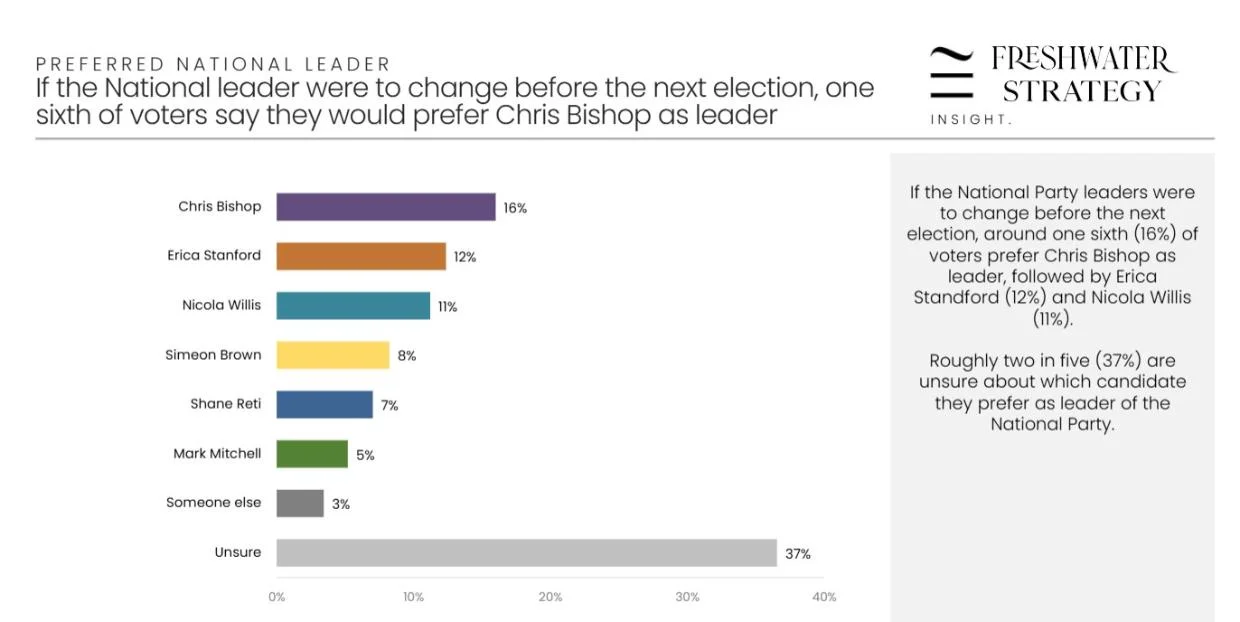In the debate surrounding housing affordability, it is suggested that a politician pushing for lower home prices would be political Kryptonite: a death knell for whatever party they are attached to.
This narrative has been repeated year after year, decade after decade, but is it really as politically damaging as the BBQ-side political commentary suggests?
One Anglosphere political figure has well and truly broken the mould on this issue: New Zealand Housing Minister Chris Bishop.
In July, Bishop stated that cheaper housing should be “celebrated rather than bemoaned” and that the economy needs to be decoupled from the housing market.
“We’ve got to decouple the idea that the economy is linked to house price growth. It’s not”,
“Destroying the idea that the New Zealand economy should just be based on house price growth is a fundamental formula this government is trying to embed into the New Zealand psyche and also into the arteries of the economy”. Bishop said.
This isn’t the first time Bishop has grabbed the third rail of the Anglosphere with both hands.
In February 2024, Bishop set a long-term target for Kiwi housing prices to return to a level of 3 to 5 times household incomes.

Chart: Antipodean Macro
“What I want is for house prices to moderate over time, so that in 10 to 20 years’ time, we have essentially gone a long way towards solving our housing affordability problem,” Bishop told Radio NZ.
While Bishop no doubt holds hope that much of the heavy lifting in the drive to return housing prices to 3 to 5 times household income will be done by rising incomes, the simple reality is that to achieve such a dramatic improvement in affordability would likely require falling home prices.
Forward Thinking
While the strategy of talking up the possibility of declining housing prices is seen as akin to political suicide, it is arguably smart long-term politics.
Economist Shamubeel Eaqub from the New Zealand Institute of Economic Research made a case to Stuff New Zealand that this indicated that the National Party was starting to think about the next generation of voters.
“To win back the support of younger people, we can’t keep doing what we’ve been doing—it’s too late,” Eaqub said. “Bishop is framing housing as shelter first, investment second. That’s not new in his thinking, but it’s a clear acknowledgement that the housing story is fundamentally one of inequality.”
This is not a new strategy in the world of Anglosphere politics; Liberal Party founder and longest-serving Australian Prime Minister Robert Menzies placed a similar emphasis on home ownership and, in the process, crushed the proportion of overall homes owned by property investors.

The strategy would help to deliver Menzies to the prime ministership again and again between 1949 and 1966 and keep the Coalition in power for almost a quarter of a century between 1949 and 1972.
A Misconception?
Even though Bishop has been advocating for lower housing prices for the past 18 months, his political future appears to be in good shape.
According to the latest The Post/Freshwater Strategy poll, Bishop is the most popular choice among voters to succeed current Kiwi Prime Minister Christopher Luxon, with 16% of respondents favouring his leadership over his rivals within the National Party.

The Post reported that Bishop was the most popular contender for the Nationals leadership among Labour, New Zealand First and ACT supporters.
The Takeaway
While it’s certainly true that any politician taking a stance of housing price falls being desirable would face opposition from vested interests, it is perhaps not the political death knell that it is perceived to be.
Chris Bishop hasn’t been hounded out of the Luxon government’s cabinet or driven by a media frenzy to change his tune on housing affordability.
Instead, he has stood resolute on the issue and is seen in some quarters as the perceived frontrunner for becoming the next leader of his party.
While it’s clear that a sizable proportion of people want rising housing prices, the big question is how strongly do they hold this belief and how do they currently vote?
The answer to this question could become an increasingly vital one in Anglosphere politics across the globe.

